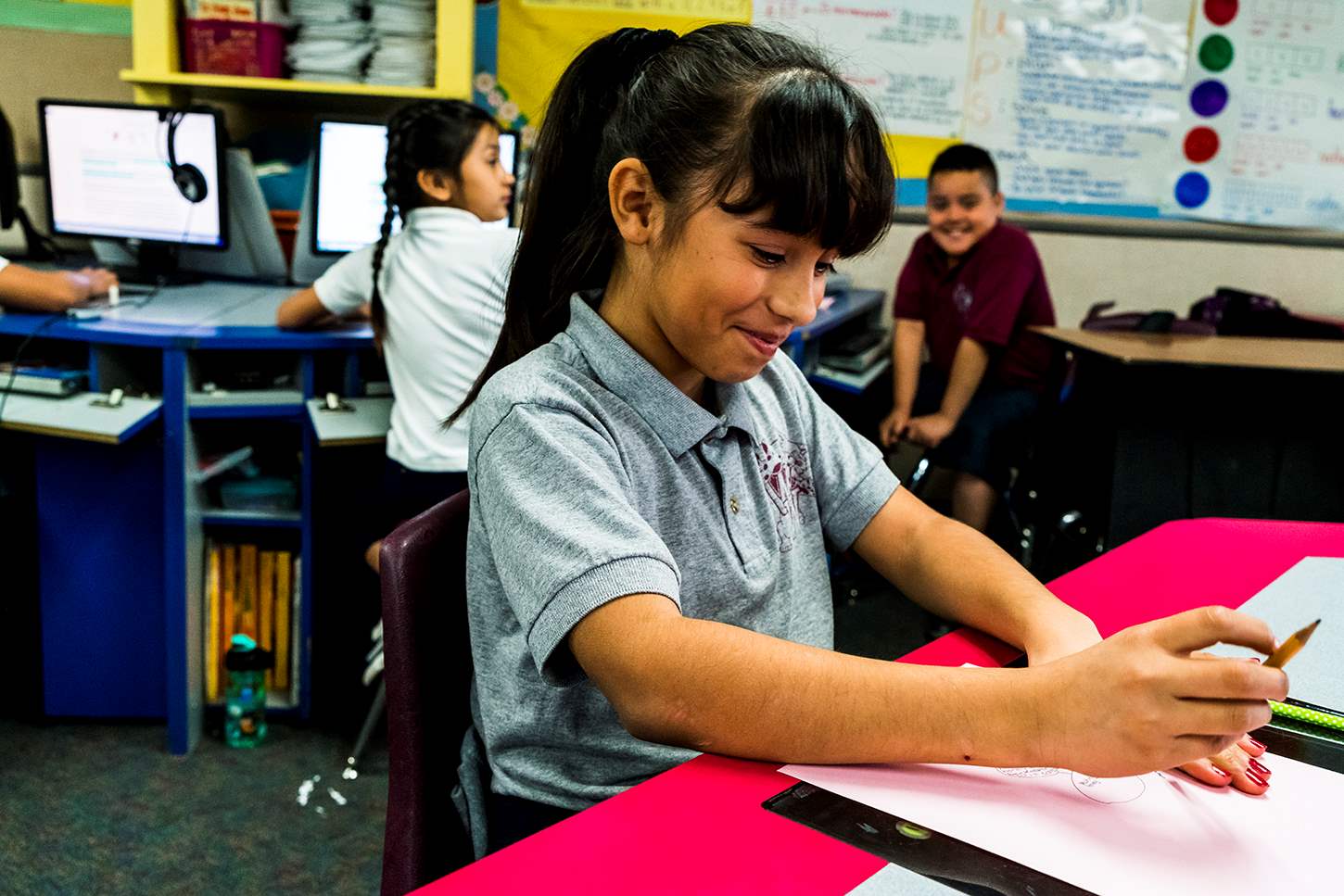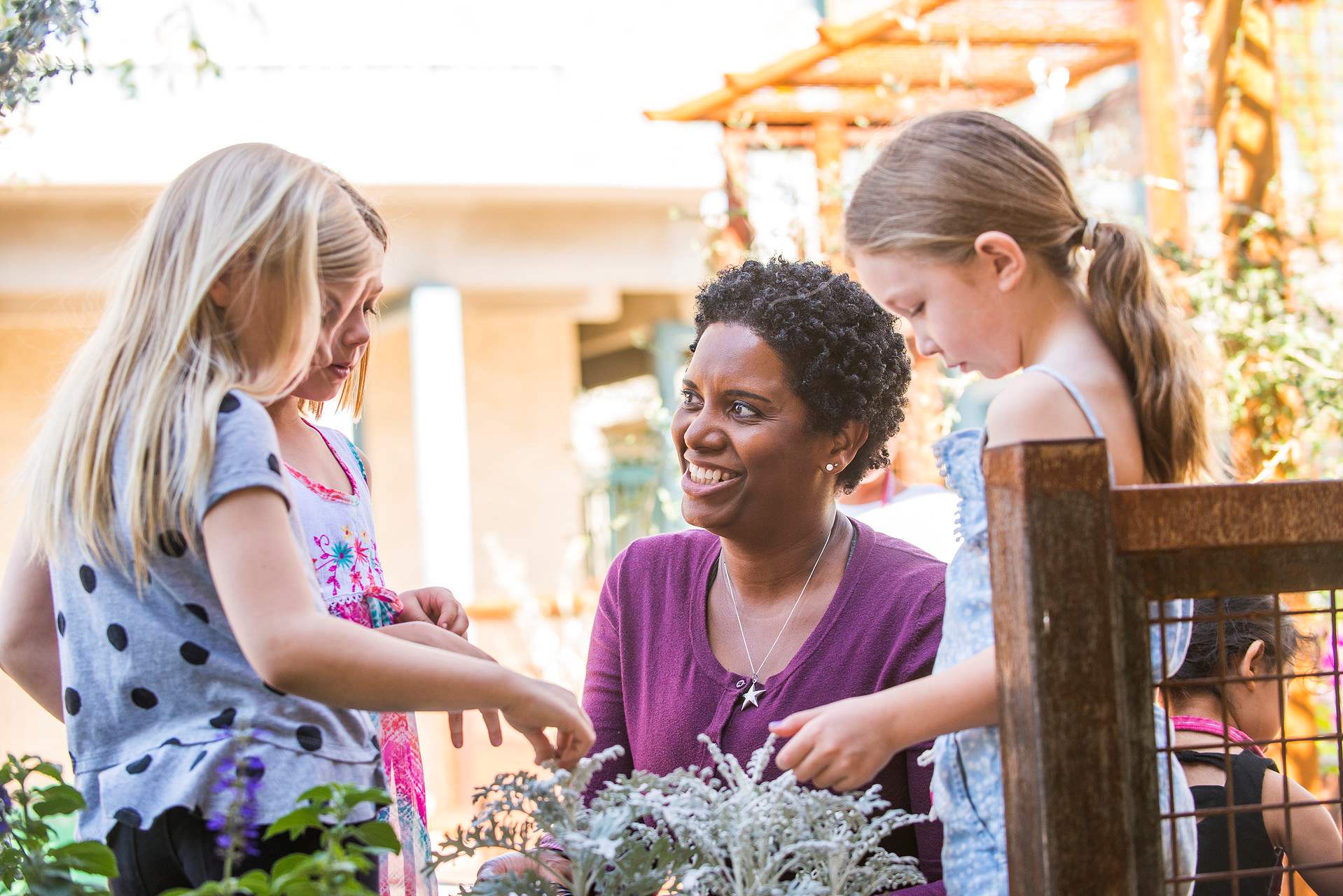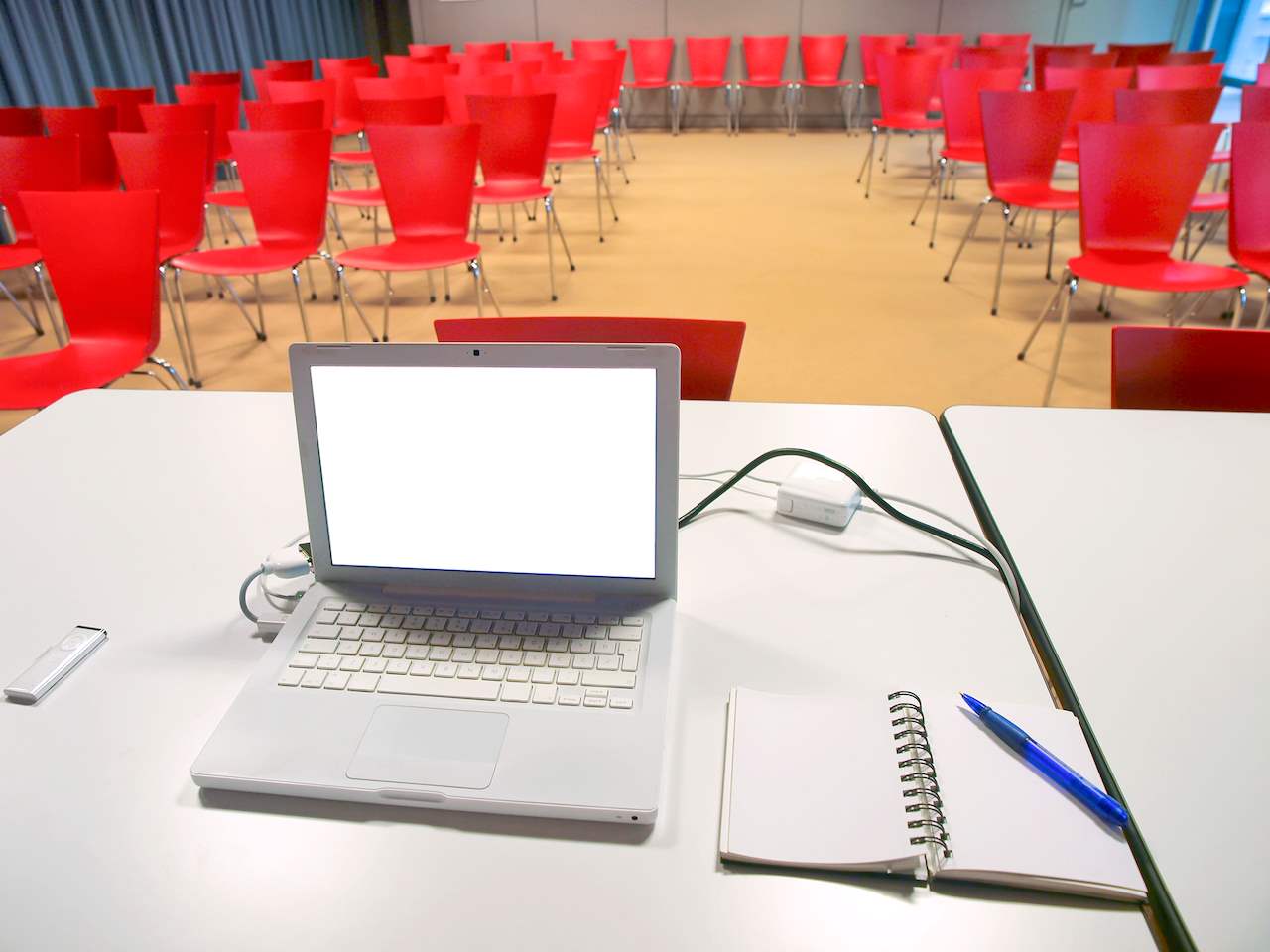InClass
With nearly one year of teaching in the books, a Roosevelt School District employee talks about a shift that made a major impact on her teaching practice. About a year ago, Denisse and her classmates were wrapping up student teaching, prepping for final exams, and ordering graduation announcements.
Apr 23, 2018
With nearly one year of teaching in the books, a Roosevelt School District employee talks about a shift that made a major impact on her teaching practice.
About a year ago, Denisse and her classmates were wrapping up student teaching, prepping for final exams, and ordering graduation announcements. The Arizona State University alumna was preparing to own the name, “Ms. Urbalejo.”
Flash forward through first-day jitters, winter recess, and the long haul to spring break, the novice teacher at Cloves. C Campbell Elementary School in the Roosevelt School District admits a few things have truly transformed her budding practice.
The fifth-grade teacher says she began her career under the impression she had to know exactly what she was doing, 100 percent of the time.
“When I was standing in front of the classroom I felt I needed to be a prepared, structured, no-nonsense, by the book teacher that was all about the lesson and the outcome,” she admits. “Although some of these things are important, I knew I was more than that.”
Thankfully, the beginning teacher found solace in concepts she learned from the Urban Connection Project (UPC).
Founded in 2014 by two Michigan transplants and education professionals, the organization aims to raise the likelihood of success for all students. UPC promotes cultural awareness through tailored professorial development, specializing in inner-city education. Currently, the organization works with employees at two Roosevelt School District sites to better campus culture and student-teacher success.
“My teaching has become a lot more personal. As a new teacher, I began my career feeling as though I needed to tuck away parts of who I was to be an effective teacher. On the academic side of things this seemed to work for some students, but not all my kids were successful, and I just didn’t understand why,” she recalls. “I wasn’t giving students the opportunity to connect with what I was teaching them, nor was I giving my students the opportunity to get to know who I really was as a teacher and as a person.”
Through workshops, collaborative conversations, and sharing valuable strategies, Urbalejo has learned that teaching is, in fact, personal.
“I do things differently now, but it hasn’t been easy. I’ve had to step away from my comfront zone a little, which is something else UCP has always expressed is an important thing to do when trying to accomplish something. I open up to my kids and I restructure lessons to fit their lives,” she says. “It’s made the world of difference.”
Still new to the classroom, the central Phoenix native has a fresh pulse on the profession. She says high-stakes testing can district teachers from doing their entire job.
“It is easy to forget that we don’t just teach to test, but we must teach the whole student. Having UCP on our campus is a refreshing reminder of the importance of building positive relationships with our students,” she explains. “The skills and expertise they offer have caused us to be more conscious and active in creating a positive school culture that is focused on our student’s interests and needs.”
Urbalejo is quick to recommend UCP to other schools and districts — she appreciates the continuous support and values that there’s more to the program than a one-time, in-and-out professional learning opportunity.
“They invest time on our campus by visiting classrooms, meeting with teachers one-on-one, and working with grade level bands to create plans to improve our classrooms and our school culture,” she says.
With a new class of students graduating and stepping into teacher roles soon, Urbalejo has advice for anyone who will be working in an urban environment: Take note.
“The connections you make with your students are everything. Be who you are and be real. Spend ‘real time,’ not just academic time, with them. Through this process you will get to know the real them and find the student teacher connections you both need. You’ll be surprised by the enormous impact this will have on your instruction.”






